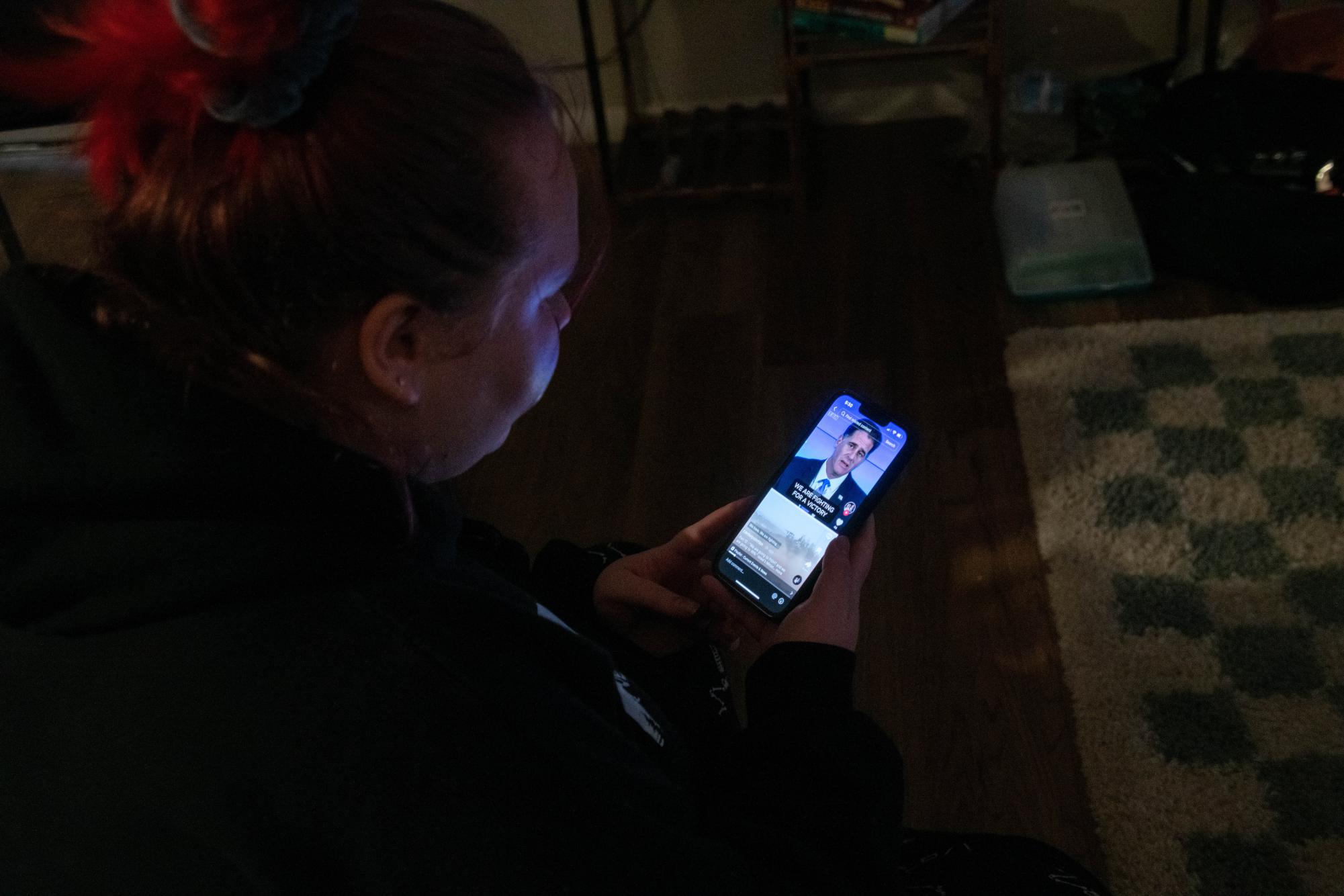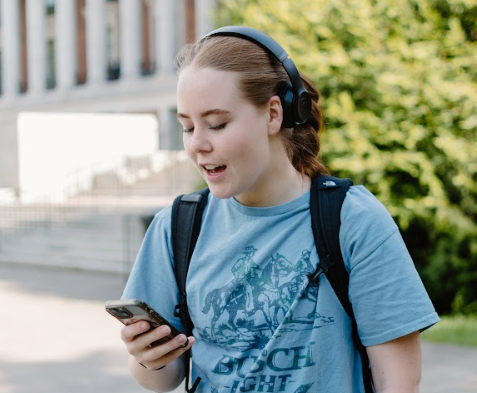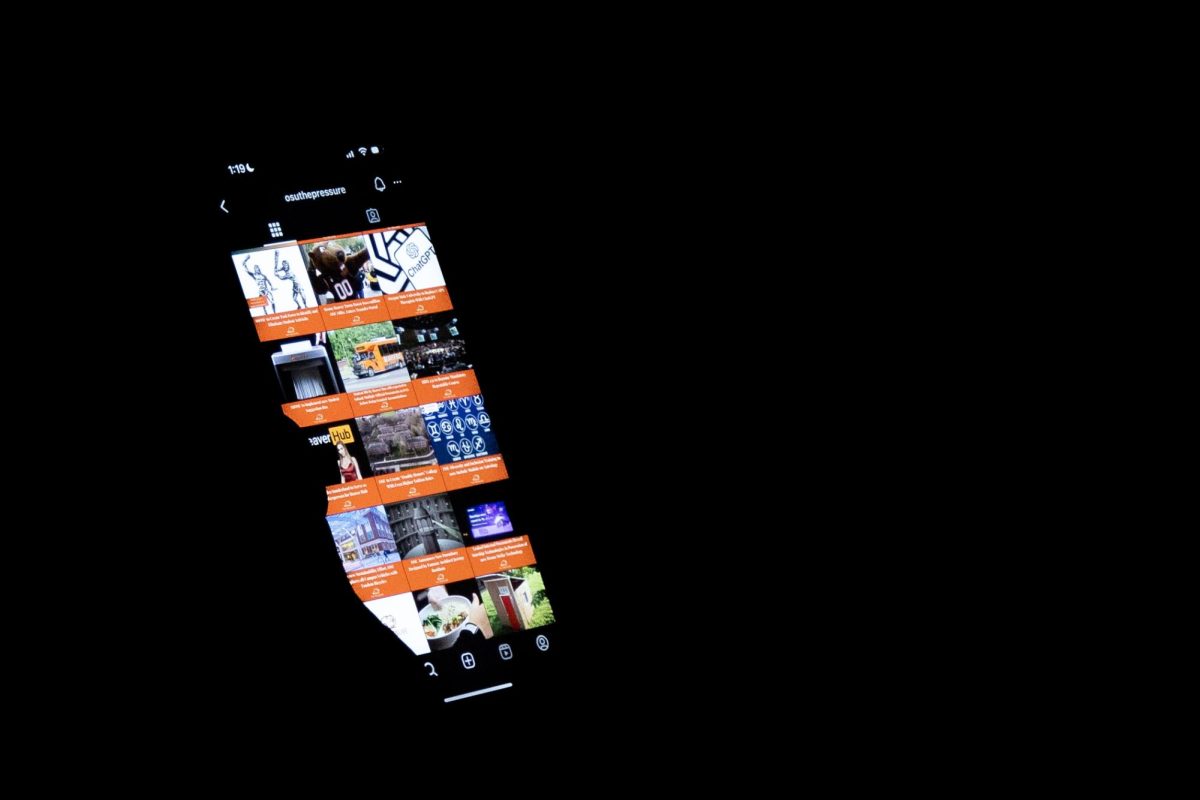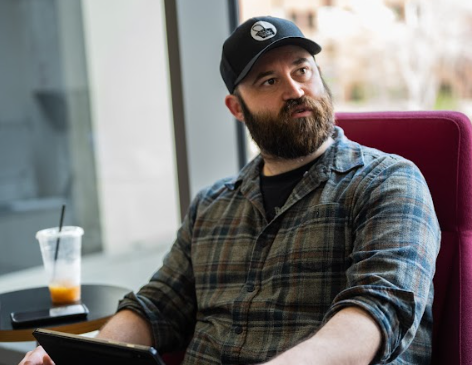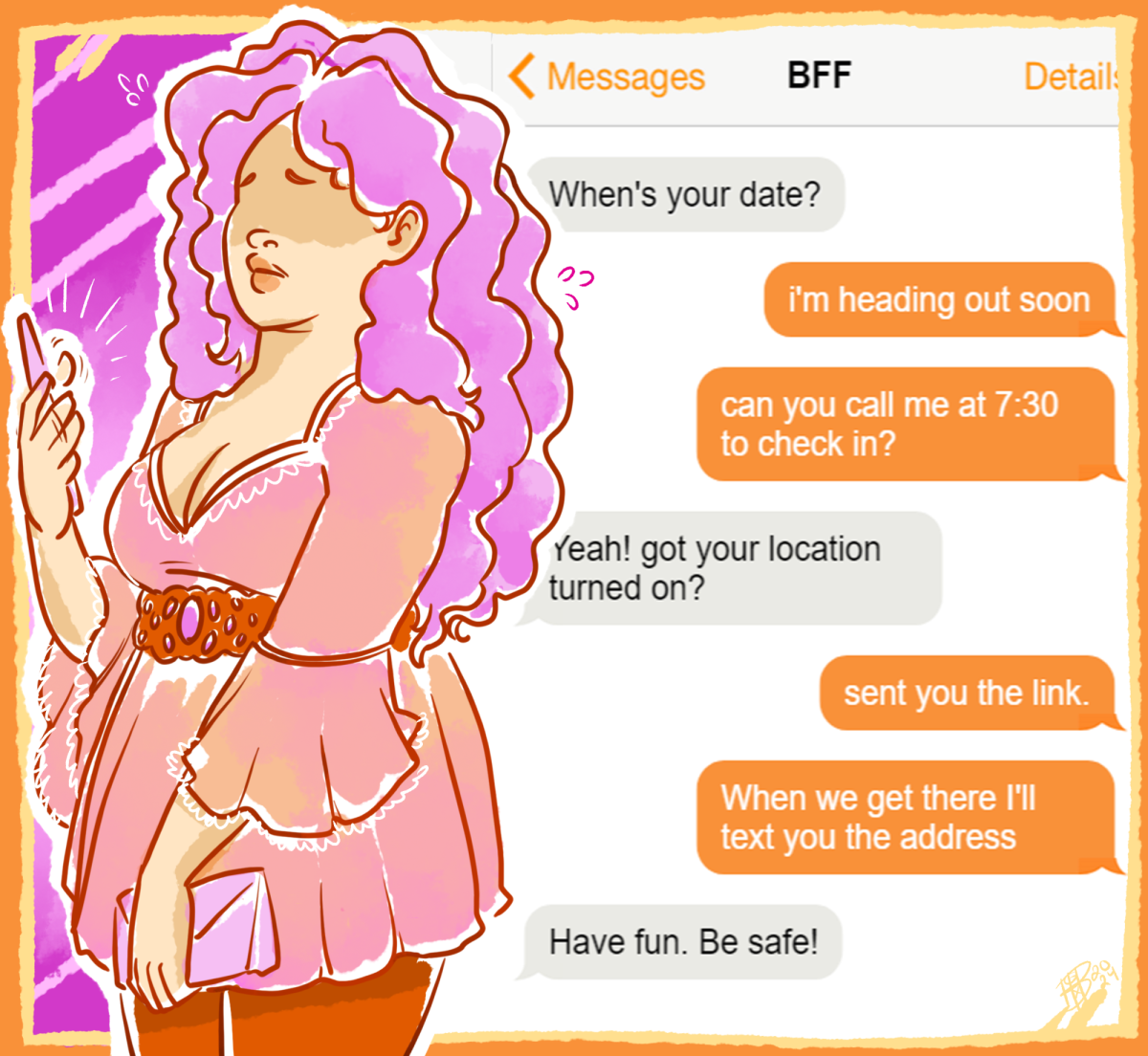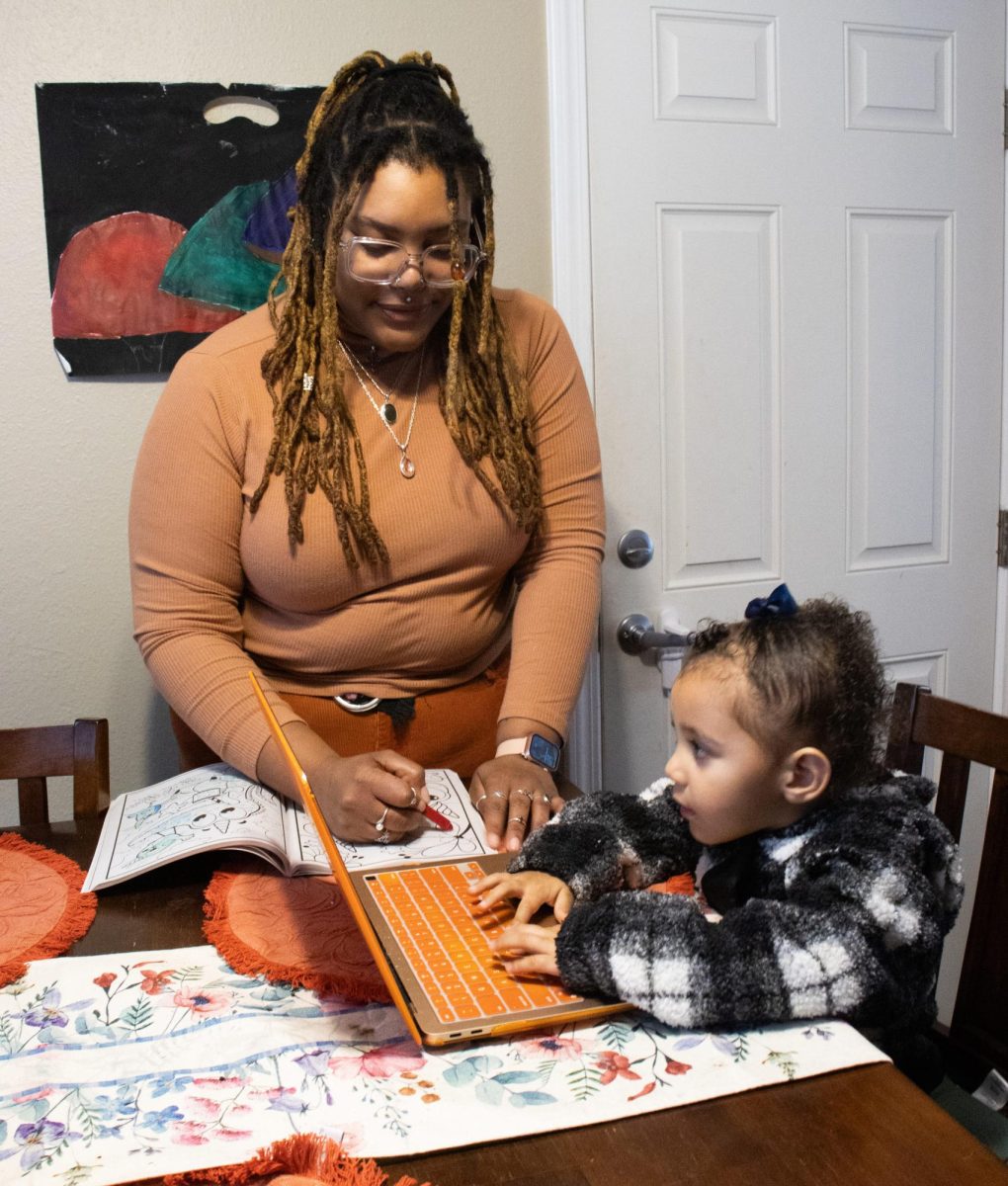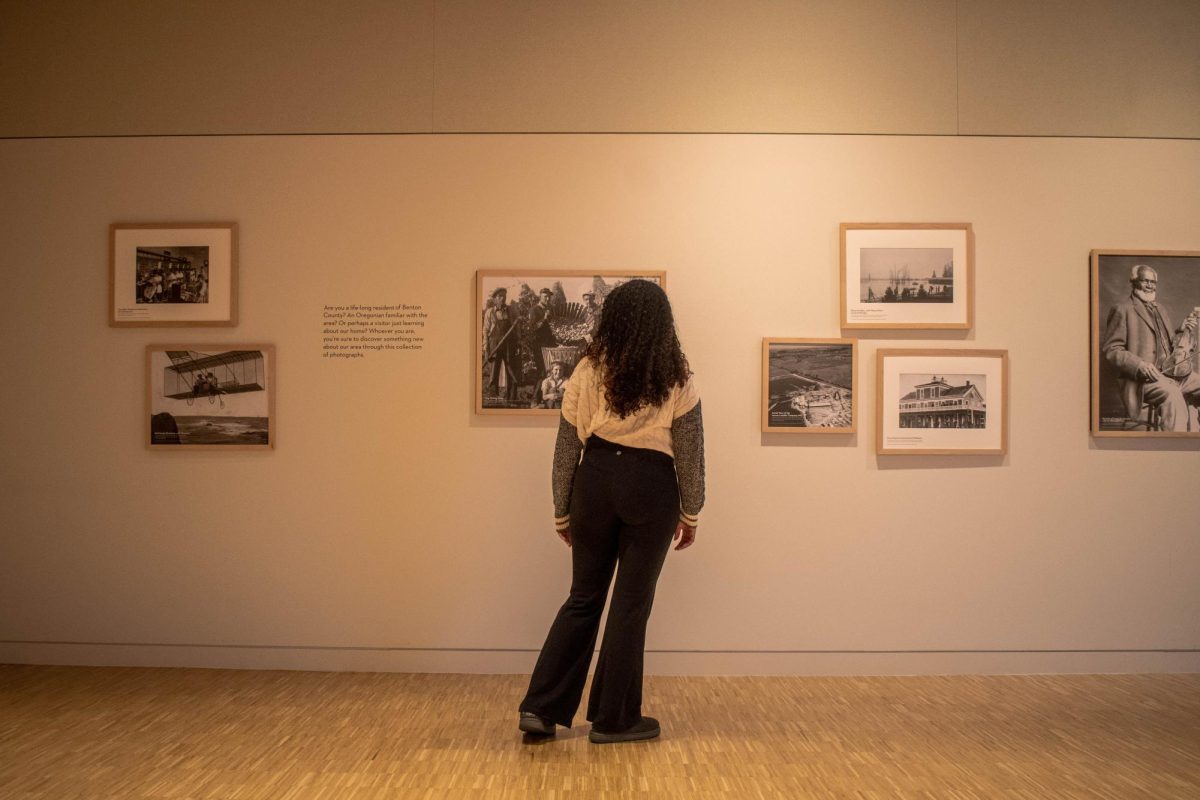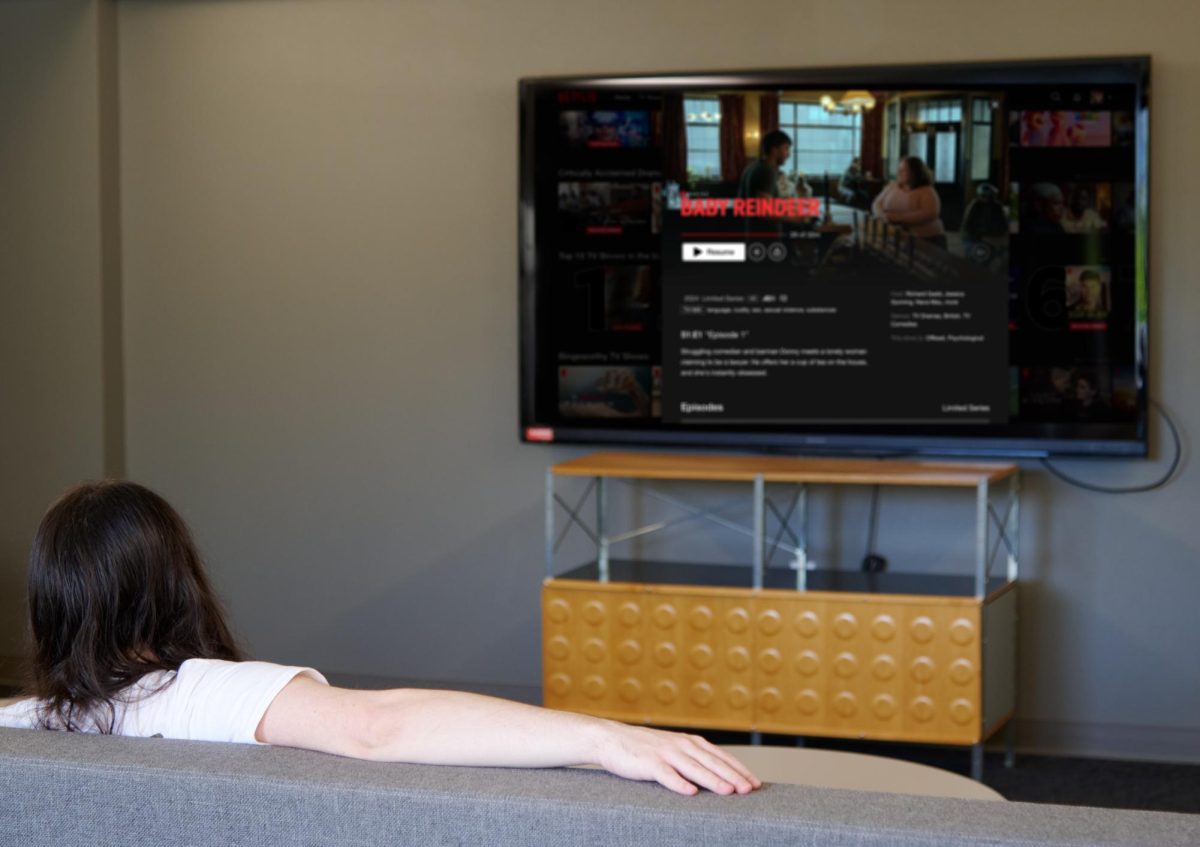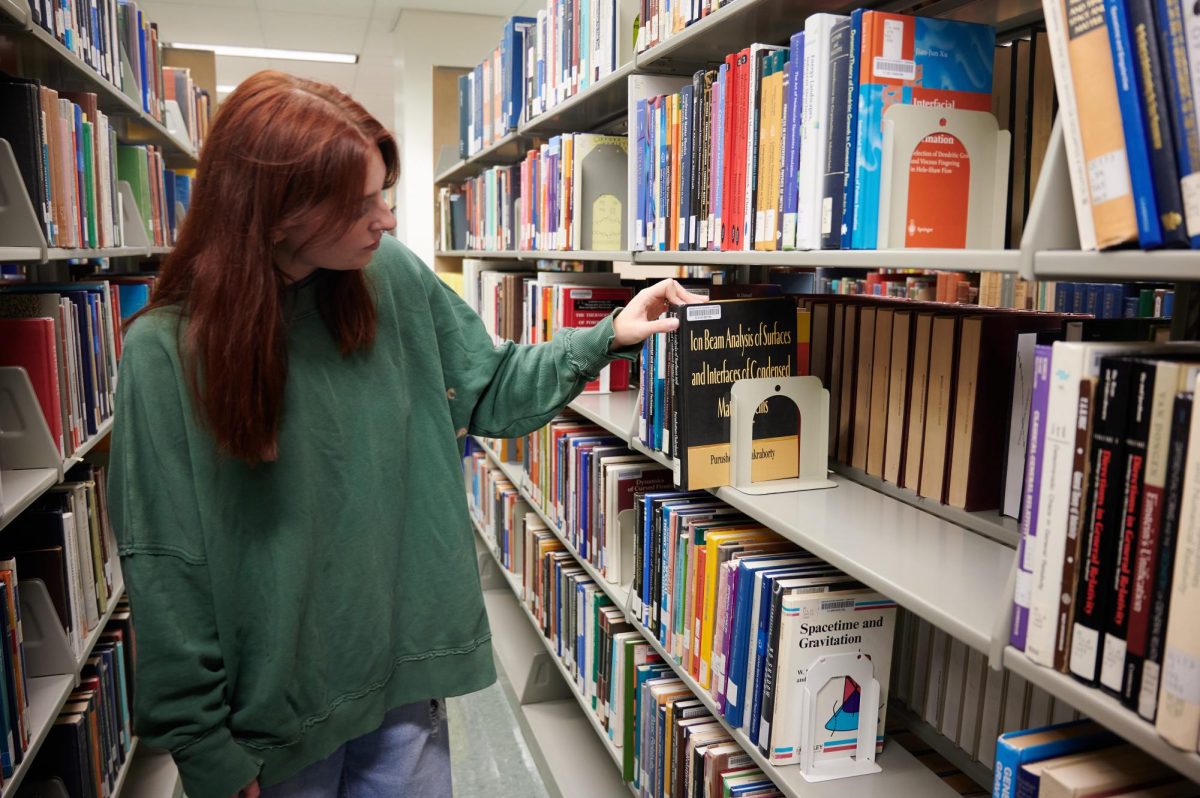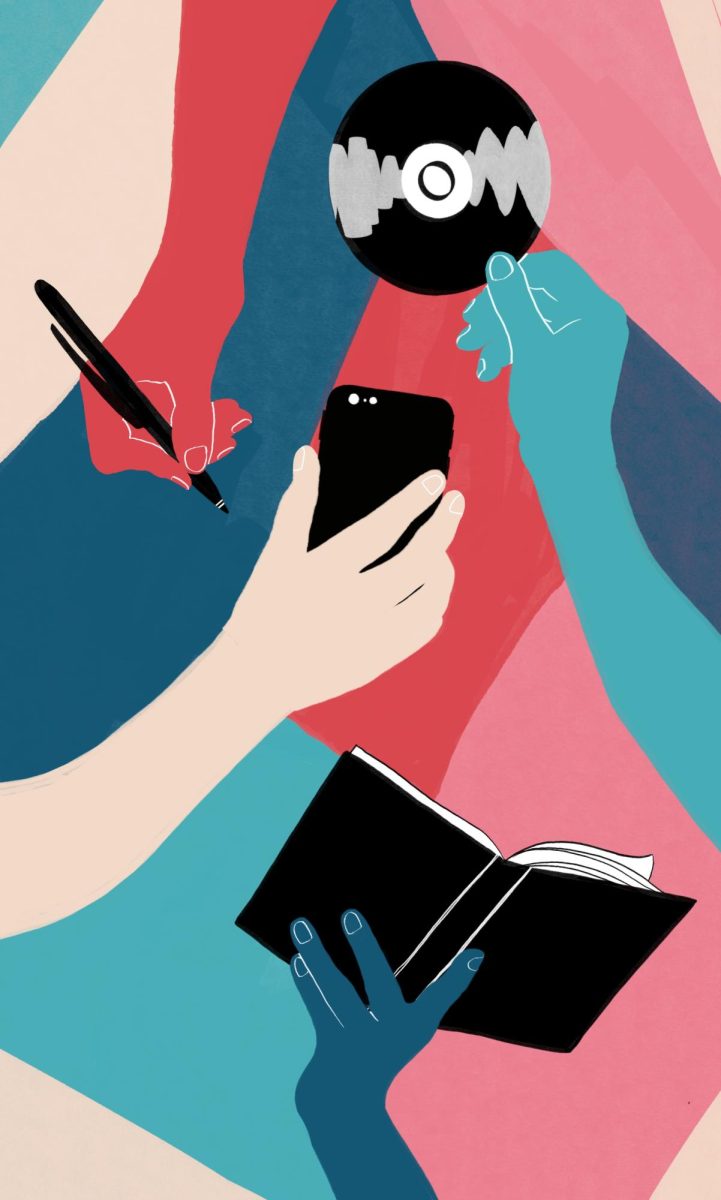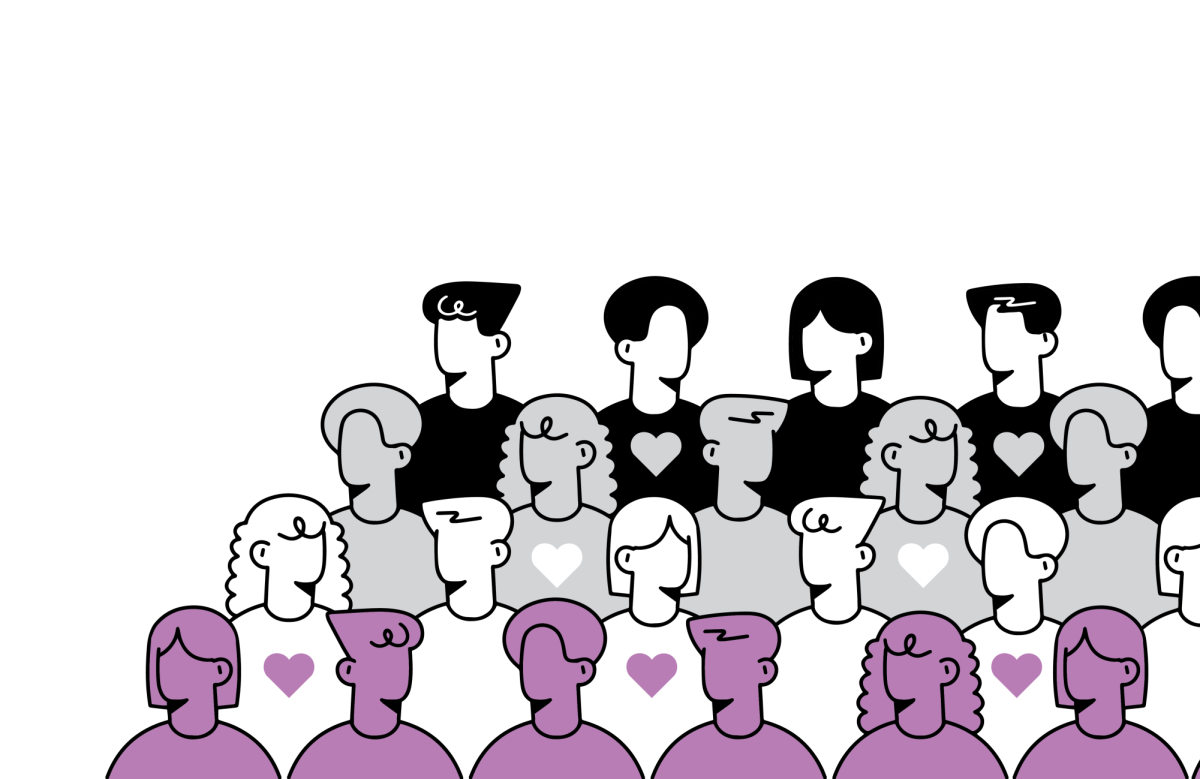Have you ever looked at the time and realized you’ve spent hours mindlessly scrolling through countless negative news headlines on social media, leaving you feeling like the world is going to come to an end?
What you’re experiencing is actually what is known as “doomscrolling”, which is a such a common experience that the internet came up with its own diagnosis for the phenomena, according to the New York Times.
Doomscrolling is the act of reading negative news articles and stories online for an excessive amount of time. Time that you don’t necessarily have because, (a) it’s late and you need to go to bed for your 8 a.m. class tomorrow, (b) there is a paper you need to submit or (c) there is a load of laundry you’ve been avoiding for way too long.
The negative effects of doomscrolling can include anxiety and depression, both of which can manifest themselves as low appetite, insufficient sleep, lack of motivation or desire, no longer enjoying things, feeling of dissatisfaction, despair, grief, and so much more, according to the New York Times.
“Whatever media you use, exposing yourself to more negative information has negative outcomes,” said Regan Gurung, associate vice provost and executive director for the Center for Technology and Learning and professor of psychology at Oregon State University. With all the bad news out there, when you dive into all of that and you’re reading all the bad stuff, it just loads your mood.
We read a headline, it grabs our attention and triggers something that makes us want to keep reading, keep diving in, keep scrolling, even when there is something out in the real world that actually needs our attention.
Gurung, who studies distraction and how students study, has a lot to say about divided attention.
“So, divided attention is a pretty general cognitive phenomena where anytime you’re not focusing on one thing, your attention is divided with the simple take-home message being whatever you’re doing doesn’t get done as well,” Gurung said.
Spending so much time on social media can be bad for your mental health. It can also create distraction when you’re completing a task (driving, folding laundry, reading, etc.) which creates a divide in your attention, preventing you from being present in the moment.
“And the more division, the more cognitive load, the worse any one thing gets done,” Gurung said.
Sometimes the excessive dependency to constantly check social media can make someone want to get rid of it all together.
Kimia Khoei, a first-year psychology student at OSU deleted all social media as a New Year’s Resolution.
“I was dissociating a lot more,” Khoei said. “I was wasting a lot of time and everytime I got on (Instagram) I spent just too much time on it, and I always felt guilty afterwards.”
The way news is consumed today has changed drastically in the past twenty years. Before social media, news was primarily produced and published by newspapers, publications and media outlets. Information was gathered, prepared and reported by a specific group catered and designed for a specific audience.
“When you’re watching TV, the channel that you choose is still going to skew the (news) that you’re getting,” Gurung said. “Fox News is different from CNN, and is different from PBS, but that aligns with people’s political views.”
Social media, however, is a very different thing. Though it has opened our access and provided us with an infinite amount of connection, it also creates space for misinformation and clickbaits.
“The algorithms are so sophisticated and hidden that your actual control is nowhere close to what you think,” Gurung said. “There are no real channels per se. It’s your clicking history and then the algorithms that are feeding you stuff.”
Khoei emphasized the importance of unbiased news.
“There are bad things still happening, you’re still gonna grieve it,” Khoei said. “But I think the only thing that can sort of minimize your (feeling of) loss is to look at unbiased sources.”
Staying informed can be important but social media isn’t always a trustworthy source. Making sure your information is coming from a reliable source could decrease the impacts of doomscrolling and lower your anxiety.
“Look at a New York Times article and really understand what is happening because it’ll give you a lot less saturated content (compared to social media),” Khoei said.
Gurung suggested that taking action, however small, could reduce the impact of doomscrolling.
“Stop reading as much news, and think about how you can make a difference (in your community),” Gurung said. “Maybe it’s talking to a Middle Eastern student (about the Israel-Palestine conflict) and giving them somebody to talk to. Maybe it’s going and doing some work with the Basic Needs Center because then you’ll feel really good if you’re helping (others).”

